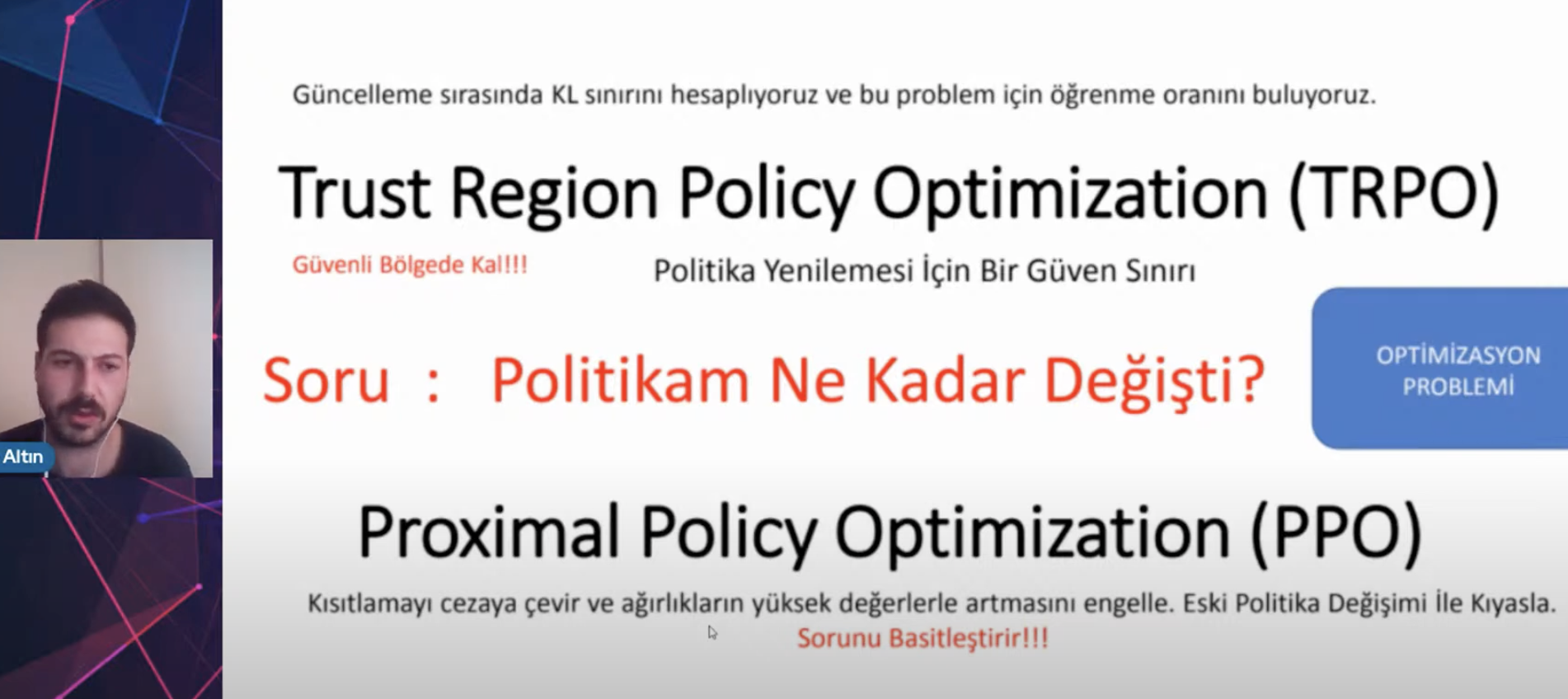2019 - 2020
AI Researcher / Re-Science
Military Research Project.
My task was to design autonomous formation flight algorithms for multi-vehicle air systems. This task had simulation and real parts. Real time objective function optimizations were used.
• Technologies; C++ ,Python, Gazebo, Dronekit, Ardupilot, Pytorch, Tensorflow, OpenCV
2016 - 2017
AI Researcher / Anadolu University
Anadolu University Industry-Oriented Research Project.
In this research team, I primarily worked on system construction with raspberries for wi-fi based positioning systems. MPU programming and python programming were used to read incoming data and direct them to the central system.
• After the system was installed, the project was worked on to detect the locations of unknown objects by using different machine learning algorithms on the incoming data.
• Technologies; C++, C#, Python
2015 - 2016
Full Stack Developer / Embedded Developer
Autonomous vehicle project working with hydrogen source within Eskişehir Technical University.
• • •
MCU and MPU programming, System and simulation developer
Shell Eco Marathon Europe participant at 2017(England)
Technologies: SQL, Django, C++, Python, MATLAB


